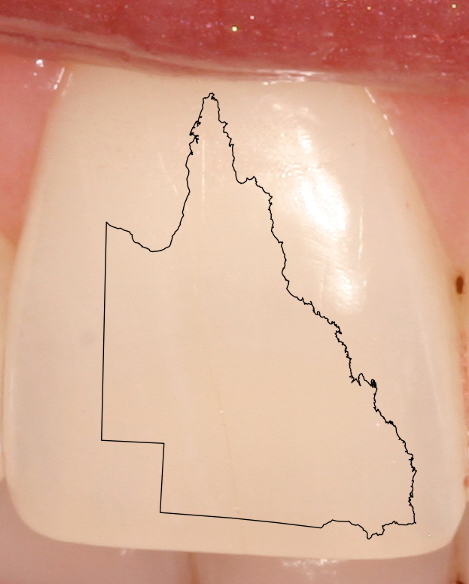Fluoride backed amid rejection
 Experts want Queensland’s fluoridation gap closed.
Experts want Queensland’s fluoridation gap closed.
The Palaszczuk government is under scrutiny for a significant public health shortfall, with over a quarter of Queenslanders lacking access to fluoridated water, a stark contrast to the national average of 90 per cent.
While experts laud water fluoridation as a top 20th-century health achievement, 51 out of 77 councils in Queensland, including major centres like Bundaberg, Rockhampton, Mackay, and Cairns, remain without fluoridated water.
In a shift over a decade ago, decision-making on water fluoridation was delegated to local governments by the Newman LNP government.
This has resulted in a stark regional disparity, where 90 per cent of Australians can access fluoridated water, while only 72 per cent of Queenslanders, primarily in the southeast, enjoy this benefit.
Dentists, doctors, and public health specialists are advocating for government intervention to rectify this discrepancy.
The Australian Dental Association of Queensland (ADAQ) has noted the pivotal role of fluoridation in preventive dentistry, especially for vulnerable populations like young children and the elderly.
ADAQ spokesperson Norah Ayad says leaving such a crucial public health measure should not be left to local councils lacking the necessary resources and expertise.
The Australian Medical Association Queensland (AMAQ) underscores the urgency of mandated fluoridation, framing it as a basic human right and a crucial health issue.
Vice-president Nick Yim urges the Queensland government to act swiftly to mandate fluoridation across water supplies.
Notably, areas without fluoridation often serve vulnerable communities, including Aboriginal and Torres Strait Islander populations.
ADAQ argues that diverting funds from costly aerial ambulance services for dental procedures in remote communities toward statewide fluoridation could significantly enhance oral health outcomes.
Recent Queensland Health data for 2022-23 reveals a concerning rise in hospital admissions for dental caries in children aged 10 and under.
This increase aligns with a National Health and Medical Research Council evaluation from 2016, demonstrating that water fluoridation reduces tooth decay by 26 to 44 per cent across age groups.
Despite the proven benefits of water fluoridation, Queensland councils, citing reasons ranging from cost concerns to community resistance, have opted out.
The Cairns Regional Council justifies its decision by asserting a principle against “mass involuntary medication”.
Cassowary Coast Regional Council Mayor Mark Nolan, while acknowledging the importance of fluoridation, deems the current climate inappropriate for revisiting the issue.
In response, Health Minister Shannon Fentiman has expressed a desire for an increased percentage of Queenslanders to have access to fluoridated water.
However, the government remains committed to local decision-making, acknowledging challenges faced by councils in implementing fluoridation due to supply chain issues, lack of trained personnel, and community opposition.








 Print
Print